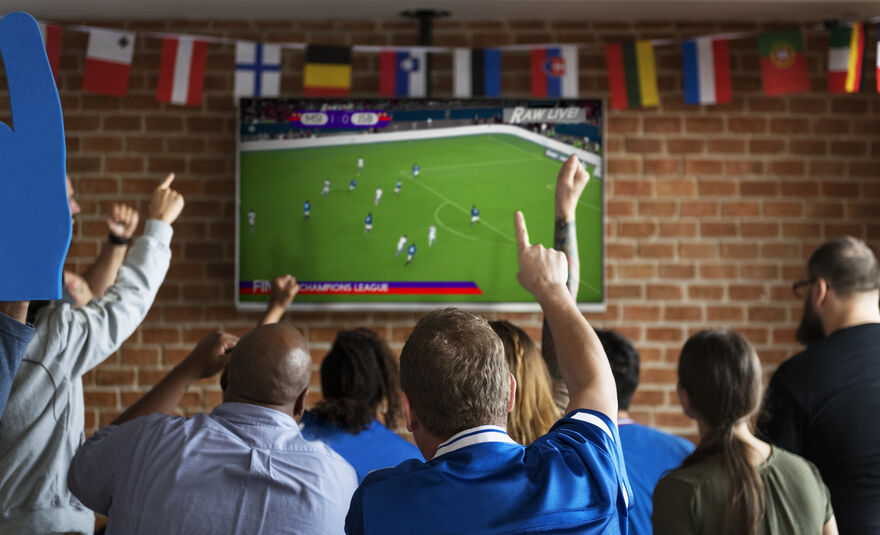Anticipation is already reaching fever pitch with the 2018 FIFA World Cup due to kick off on 14 June in Russia, and England’s first game (against Tunisia) being played on 18 June.
With 32 different nationalities involved and games spread over a month, with a wide range of kick-off times from 11am to 8pm, the tournament has potential to impact a huge number of workplaces.
Most employers will have experienced cases of staff unexpectedly being struck down with a bout of 'World Cup fever' – arriving late or hungover to work (or not arriving at all!) after a night of celebrating their team's win – but it is well worth doing a bit of work beforehand to think about all the possible issues and putting a plan together to help ensure a happy workplace for everyone during the tournament.
We’ve pulled together a number of steps employers can take:
1. Unpaid or annual leave
Consider allowing employees to take unpaid time off work to watch matches or consider requests for short periods of annual leave.
Employers should ensure employees are informed in advance whether requests for leave will be unpaid or part of their annual leave and how requests will be considered, for example on a first come first served basis. Requests should be treated consistently.
Let employees know that if time off or holiday requests are refused and they subsequently fail to attend work, this will be treated as an unauthorised absence for which they may be disciplined (unless they can demonstrate it was for another reason e.g. genuine sickness).
2. Shift swaps
If employers operate a shift system, introducing a shift swap scheme enables employees to arrange their shifts around the matches they are interested in, provided appropriate levels of cover can be maintained (and subject to the Working Time Regulations 1998). For example, if employees are scheduled to work on a particular weekend, they might want to swap their weekend with a colleague so that they can watch the England v Panama game which kicks off at 1pm on Sunday 24 June.
3. Introduce a temporary flexible hours system
This could allow employees to alter their hours to accommodate match times – for example, extended lunch breaks; starting work later, or finishing work early. Make sure that core business hours are covered and employees are aware that they will need to make up the time another day.
4. Screening matches on work premises
Some employers may see the World Cup as an opportunity for team building and choose to screen matches on-site. However, be aware that non-football fans who choose not to watch (and are left to staff the office) may not be so happy about such an arrangement. Furthermore, employers need to be aware that in a diverse workforce not everyone will be interested in the same matches, so they may have requests to screen other matches.
As an alternative, employers could put in place facilities that enable employees to listen to (or watch) games online on work or personal devices. Employers should anticipate an increase in the use of social media sites, or an increase in website usage, during the World Cup. Employees should be reminded of any policies or procedures dealing with web use in the work place and it should be made clear what is or isn’t acceptable.
5. Be clear on your policies
The key to successfully managing employees during the World Cup is to ensure that whatever measures an employer decides to implement, these are clearly communicated to all staff.
It is also advisable to remind employees that turning up to work drunk or so hung over they are incapable of carrying out their duties will be considered a disciplinary offence and that levels of sickness absence will be closely monitored for the duration of the World Cup.
Ultimately employees have no 'legal right' to take time off work to watch football matches and it is for the employer to decide how flexible they want to be.

